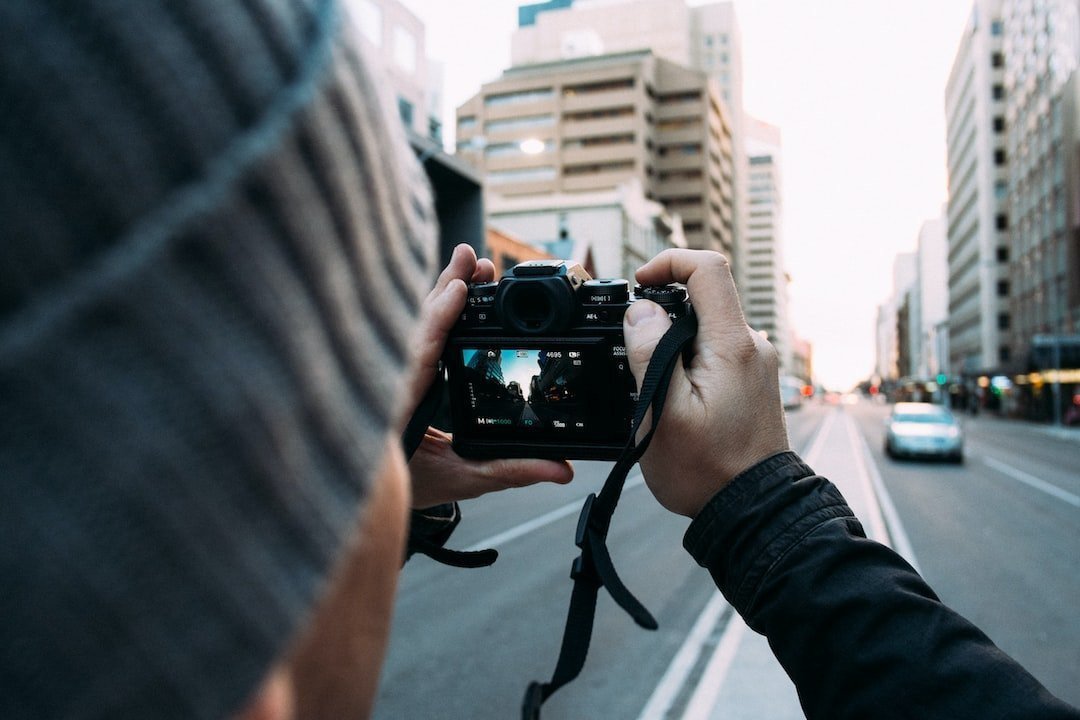Photojournalism is a powerful form of storytelling that captures significant moments in our world. By documenting real-life events, photojournalists have the ability to shape public opinion and create awareness. However, with this power comes great responsibility, and ethical considerations must be at the forefront of every photojournalist’s mind.
The Importance of Consent
One of the key ethical issues in photojournalism is obtaining the consent of subjects. When capturing images of individuals, it is important to ensure their consent is obtained. This is crucial in respecting their privacy and dignity. Without proper consent, photographers risk exploiting or misrepresenting their subjects.
When working in sensitive situations or photographing vulnerable individuals, obtaining consent becomes even more critical. People in distress or experiencing trauma may not be in the right state of mind to give consent. In such cases, it is important for photojournalists to exercise empathy and refrain from intrusive photography.
Objectivity and Truthfulness
Photojournalists have a responsibility to portray events truthfully. This means avoiding manipulation or staging scenes to fit a particular narrative. The authenticity of the photograph is essential in maintaining the trust of the audience.
Additionally, photojournalists should strive for objectivity in their work. Presenting a balanced perspective allows viewers to form their own opinions based on the information presented. Photojournalists should refrain from sensationalism or biased representation of events.
The Role of Editing
Editing plays a significant role in photojournalism, but ethical considerations should guide the process. While basic adjustments for lighting, color, and sharpness are acceptable, altering the content of the image should be avoided.
Deleting or adding elements to an image can change the context and mislead the audience. Inaccurate representations go against the principles of photojournalism and undermine its integrity. It is important for photojournalists to ensure their edits maintain the truthfulness and authenticity of the original scene.
Respecting Privacy in Public Spaces
Photographing in public spaces can present ethical challenges. While individuals in public places have a lower expectation of privacy, it is still important to respect their personal boundaries.
Photojournalists should be mindful of capturing candid moments without infringing on someone’s dignity or personal space. It is crucial to consider the potential impact of the photograph on the subject and the possible consequences it may have on their lives.
Conclusion
Ethics in photojournalism are essential in telling stories without exploiting subjects. Consent, objectivity, truthfulness, responsible editing, and respect for privacy all contribute to maintaining the integrity of this powerful form of visual storytelling. By adhering to these ethical considerations, photojournalists can create impactful images that inform, inspire, and foster understanding.


0 Comment